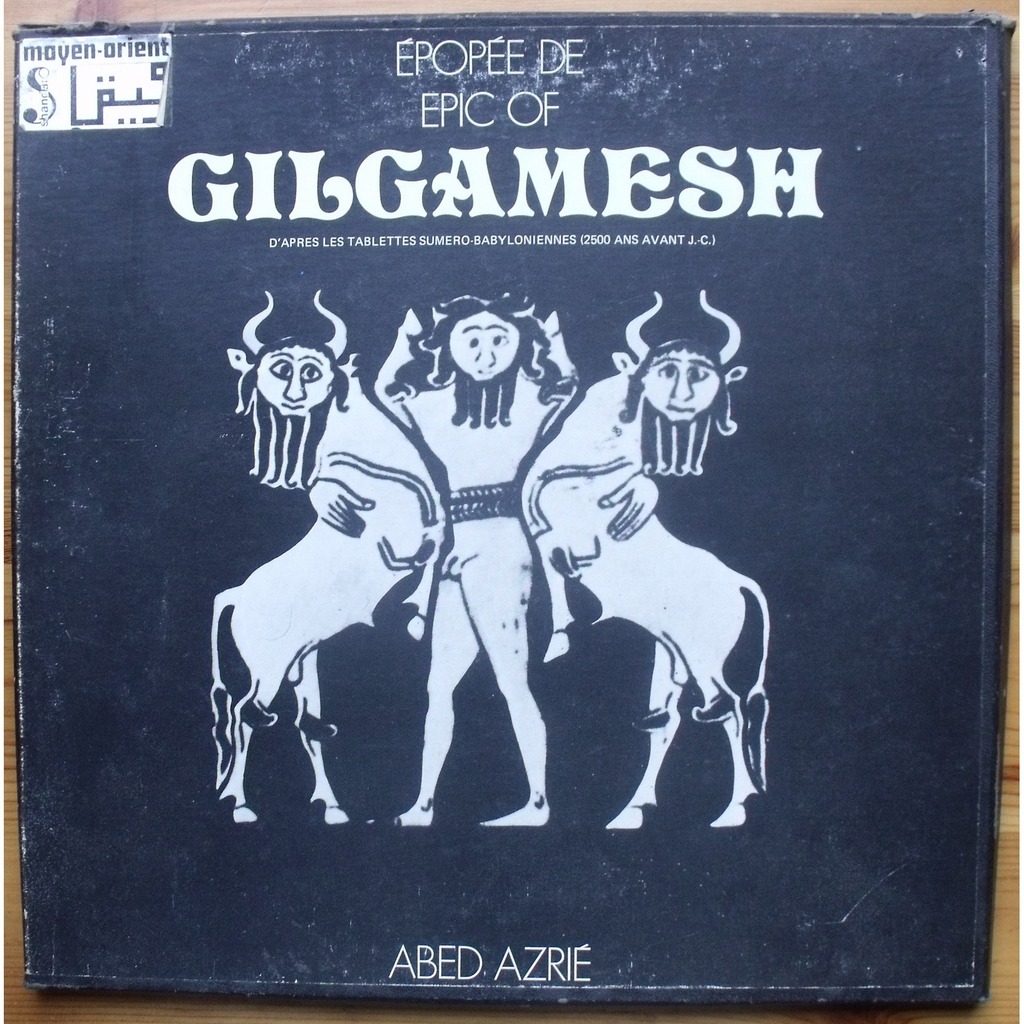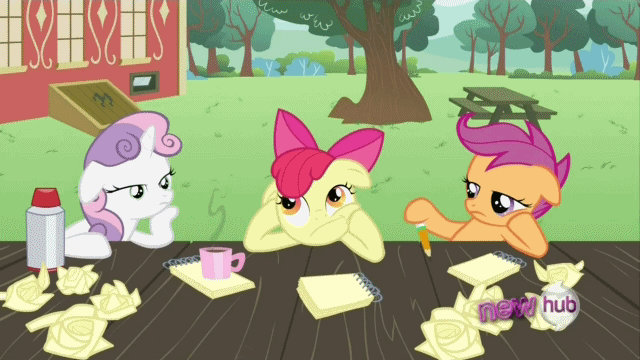We've been talking Genre at my writing group. We've had great discussions about Science Fiction, New Weird, Steam Punk...and this week we delve into Urban Fantasy.
Urban Fantasy seems to be the red headed step child of the SFF world. Which I find irritating.
Before you dismiss Urban Fantasy as JUST a fad (or worse, bad sex filled novels wrapped in werewolves and vampires) take a look at some of the books that fall under this category.
Urban Fantasy-A Sub-Genre of Fantasy. Most often classified as a fantasy narrative in an Urban setting. The best definition I’ve been able to find is:
John Clute and John Grant’s Encyclopedia of Fantasy (1997): “texts where fantasy and the mundane world interact, intersect, and interweave throughout a tale which is significantly about a real city”.
Most would argue the term Urban Fantasy applies to only contemporary fantasy novels. Magic and fantastical creatures in our time, our world, but I’ve also seen the term UF applied to novels set in the past where an urban setting is a key factor. Most notably the Steam Punk subgenre with books like the Parasol Protectorate series by Gail Carriger.
The other trend seen in today’s modern UF is the heavy noir mystery feel with a protagonist that's a PI, Detective, or other ‘law enforcement’.
History of Modern Urban Fantasy:
Charles de Lint is often credited as a pioneer of what we now call urban fantasy. His books draw heavily on mythology (Celtic sometimes Native American) but are set firmly in a modern city. The stories are told through modern eyes and modern perceptions. His most popular books are the Newford stories, set in the collaborative Bordertown world. The other trend seen in today’s modern UF is the heavy noir mystery feel with a protagonist that's a PI, Detective, or other ‘law enforcement’.
History of Modern Urban Fantasy:
Other defining authors in the genre:
Emma Bull (War for the Oaks), Neil Gaiman, Terri Windling (Editor of the collaborative anthology entitled Bordertown) Jim Butcher (Dresden Files), Ilona Andrews (Kate Daniels series); Kim Harrison (Rachel Morgan serie), Simon R. Green (Nightside books), Carrie Vaughn (Kitty Norville), and Laurell Hamilton (Anita Blake books)
(This is just a sample of notable authors from this popular genre...please don't email hate mail b/c I left off your favorite author)
(This is just a sample of notable authors from this popular genre...please don't email hate mail b/c I left off your favorite author)
One thing these novels have in common is they are all about fantasy and Fairytale retellings in the real cities. (Think elves in rock bands and cities bordering magical realms.)
Vampire novels became popular in the 90s following Anne Rice’s Interview with a vampire.This novel would see a whole new host of vampire noire and romance novels that were marketed under the UF heading. PN Elrod’s vampire detective series, Laurell Hamilton's Anita Blake novels, Charlain Harris’s Sothern Vampire Mysteries, and YA romance novels like Twilight and The Vampire Academy.
The popularity of Laurell Hamilton’s Anita Blake novels in 1990s also began a new trend towards first person narrative with a “strong” female protagonist who kickass in heels and leather. These novels usually featured a grittier urban backdrop and more often than not, a romantic subplot.
This is when we began to see an over-all shift in plots for Urban Fantasy. Series like Laurell K Hamilton’s Anita Blake or Karen Marie Moning’s DarkfeverThere's nothing wrong with including these book under the Urban fantasy umbrella, but this narrowing of the definition of UF leaves out a whole host of books that should fall into this genre.
It also makes the public believe UF is a fad or ‘New’ Genre, but in fact we’ve had these types of tales for years.
UF has wide, varied, and deep influences. The real heart of UF is all about making old stories modern. Bringing the fantastical to our mundane lives.
The early gothic novels can easily fall under the umbrella of urban fantasy. Arthur Machen’s The Great God Pan (1890) could be classified as UF (A young girl has her mind opened to the world of gods and monsters, producing an offspring that terrorizes Victorian London) While classified as Horror at the time, The Great God Pan has all the trademarks of UF. Urban setting, fantastical creatures, mystery, set in modern London.
Carrie Vaughn points out that Jack Williamson’s Darker Than You Think, a lycanthropy story, originally published in 1940, would fit well in today’s UF marketplace. It has werewolves, a terrible destiny, and, of course, a dangerous romance.
Even if you keep to a very narrow definition of UF (city setting, modern story, mystery) many of the Victorian and pre-Victorian gothic tale could be classified as UF.
But don’t stop there, further back Gilgamesh's fantastic adventures happened in the Sumerians' mundane world, not in some magical alternate universe.
So before you dismiss UF as just a passing trend, remember this genre has a long history and will likely be around for years to come.
But don’t stop there, further back Gilgamesh's fantastic adventures happened in the Sumerians' mundane world, not in some magical alternate universe.
So before you dismiss UF as just a passing trend, remember this genre has a long history and will likely be around for years to come.




























